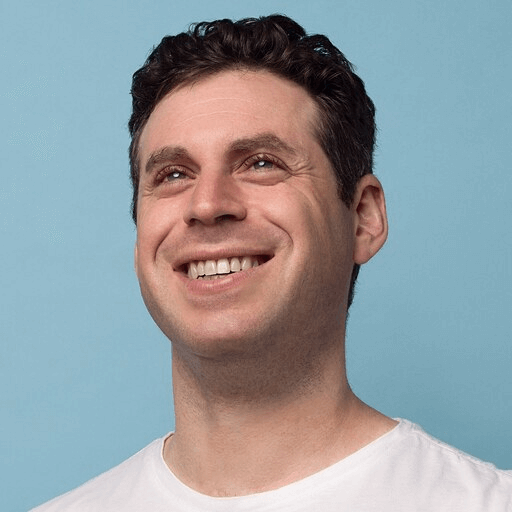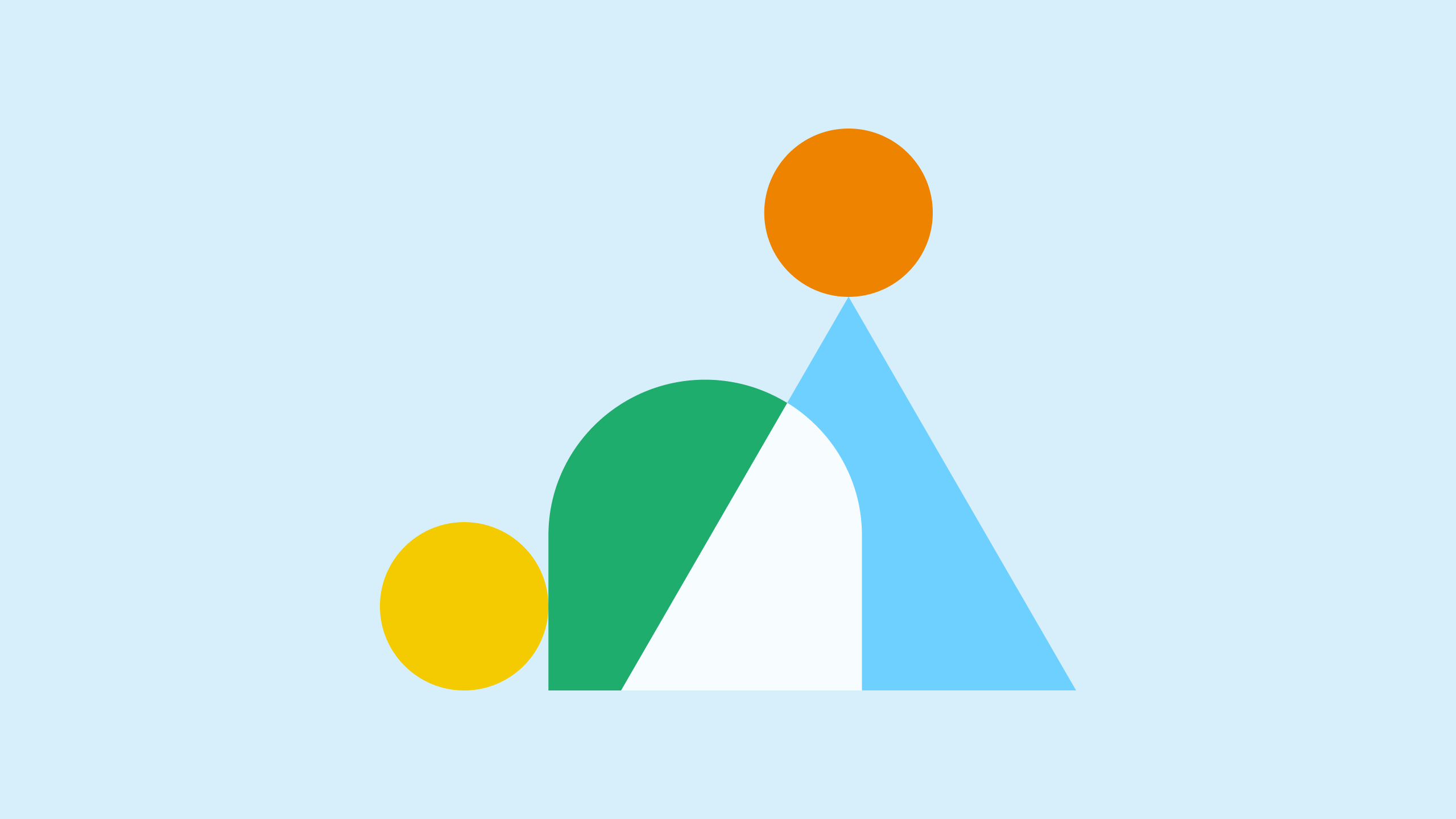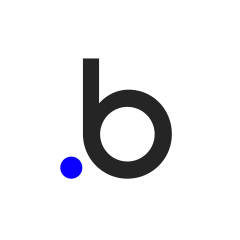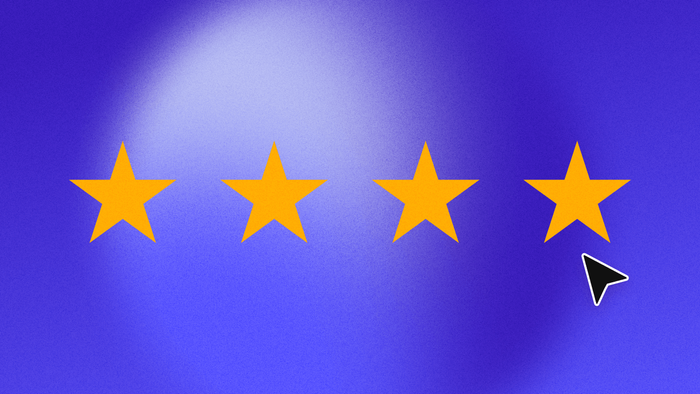It's hard to believe, but it’s officially been 10 years since we shared our no-code manifesto. In it, we advocated for an approach to software development that teaches computers to understand humans rather than insisting humans learn how to speak to computers. Flipping this script is the only way to make programming accessible to everyone — and unlock economic opportunity for the masses, not just a select few.
A lot has changed since 2014. A full-fledged industry of no-code tools and platforms has blossomed. No-code is a widely recognized, legitimate method of building software. Here at Bubble, we have more than 3 million users.
And our community is not only massive, it’s also changing the world. Take, for example, the multi-million-dollar contract that allows Airspace to deliver hundreds of life-saving organ donations to those in need every month. Or the grassroots app that helped people find loved ones in the wake of Turkey’s March 2023 earthquake. Or community leaders like Josue Belmonte, who teaches children in Venezuela how to use Bubble so they can unlock new career paths for themselves.
This is fantastic progress. But part of how we got here has had an unintended consequence.
When we founded Bubble, we had to choose between two paths. On the one hand, we could create a platform that would be easy to use, but less powerful. On the other, we could create a more complex platform with rich, robust capabilities — those that would empower entrepreneurs to do what could previously only be done with a lot of code and even more budget. We chose the latter (which, of course, has come with some challenges).
There are many other no-code platforms that chose the former route. They’re helping bring even more people into the fold. But as their users grow and try to scale their apps — running into inevitable, often insurmountable limitations — those users think that’s all that no-code is capable of.
Founders who are building their businesses on Bubble know this couldn't be further from the truth. But we also know many still think of no-code tools as “code lite” — or worse, that the people who build technology on no-code platforms are not real programmers.
It’s time to put an end to that kind of talk.
Let’s raise the bar for the term “no-code.” Because Bubble — this level of no-code — is programming.
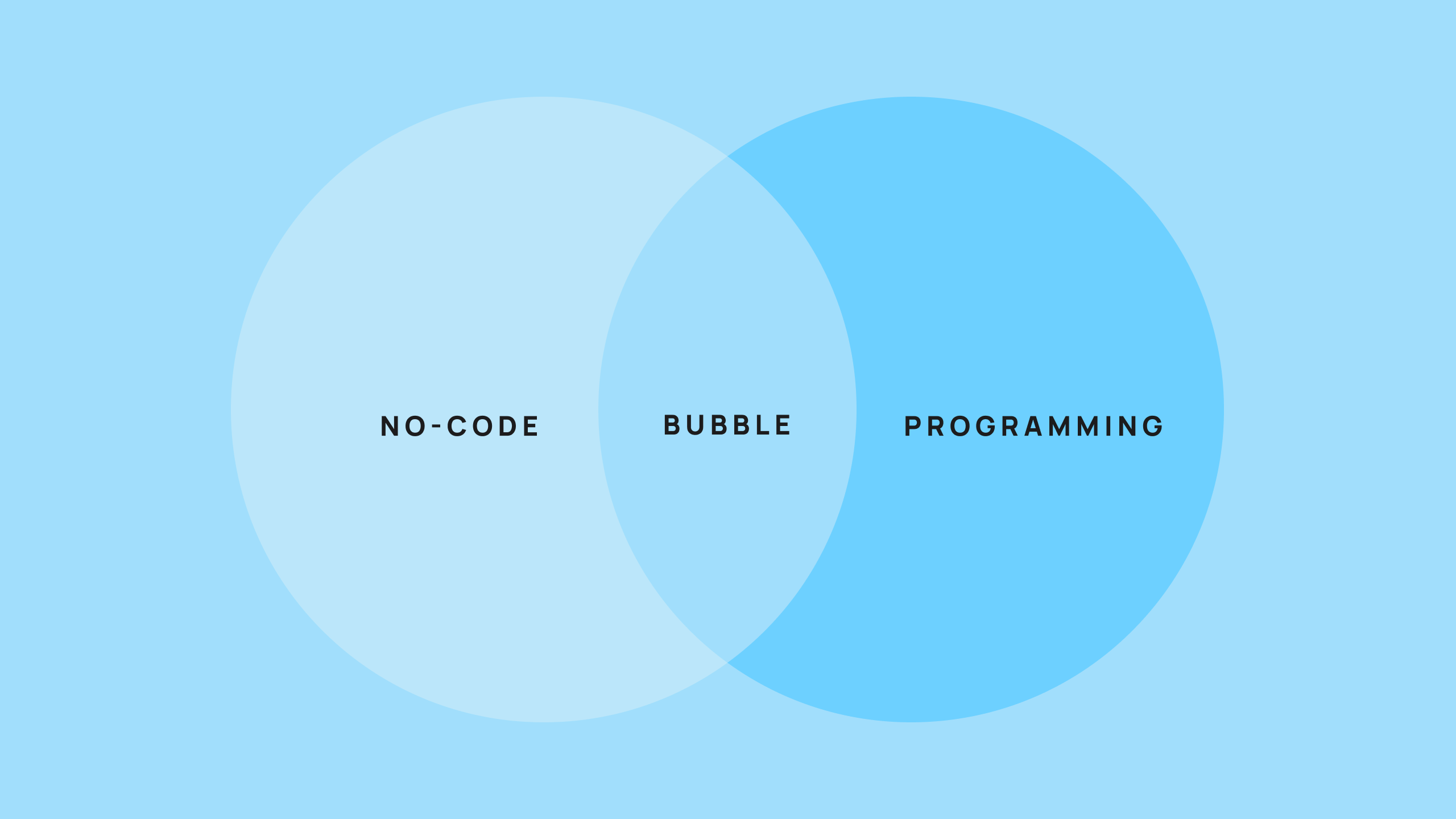
Put simply, programming is the creation of computer programs — in other words, giving a computer simple rules that lead to complex results. It's building software, whether that software runs in a web browser, your phone, or your laptop. That’s what building on Bubble is, too.
Which means if you’re a no-code programmer, you’re a programmer. Full stop.
No more qualifying adjectives. Let the world understand that no-code unlocks tremendous power — to take your technology from prototype to production-grade, faster than they would have ever thought possible. We understand this. The no-code community understands it. You’ve built entire careers based on this knowledge. But some people are still catching on.
Because — well, we can’t just talk the talk, as they say.
So today, 10 years after we wrote that initial no-code manifesto, we’re doubling down on our commitment to you: We are closing any remaining gaps between what no-code and code are capable of.
There are plenty of ways no-code already outperforms code right now. Many, many traditional engineers who’ve discovered and fully turned to Bubble have told us that they’re outpacing their peers, building the exact same technology in a fraction of the time on Bubble. Not to mention delivering much more value to their clients as they go.
Take Carmen Perez, for example, who invested countless hours during nights and weekends teaching herself to code so that she could quit her job and found a startup — then ditched all of that for Bubble when Much was accepted to Techstars. She never looked back.
But we aren’t satisfied yet. Our next challenge is to take Bubble to the next level so that even more of our users have a clear path to building production-grade, full-stack, scaled software on Bubble alone.
We made great strides in 2023 with advanced version control, SOC 2 Type II and Bubble for Enterprise; and major speed improvements to common bulk data actions. And as we’ve already announced, later this year, we’re making even bigger ones with native mobile Bubble apps and more.
We're going to continue investing in Bubble until anyone who seeks to build technology can build it better, more scalably, and more securely on Bubble than they could have with code — even with endless time and resources.
And when we get there? We won’t stop. Ten years from now, we want to have transformed the experience of building on Bubble just as much as Bubble has revolutionized web development over the past 10 years.
Because here’s what hasn’t changed: the end-goal of greater democratization.
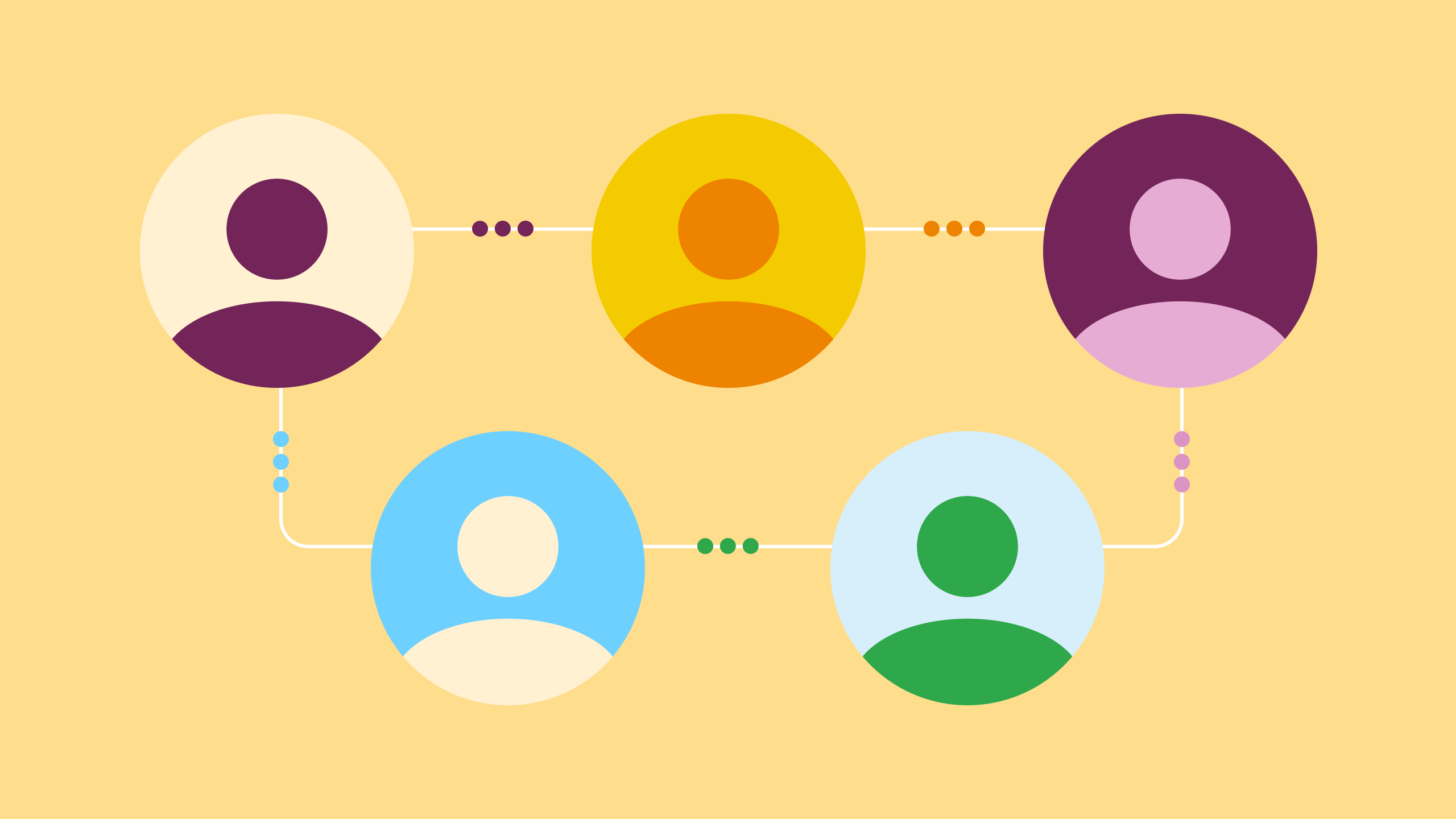
We still envision a future where anyone — not just those who’ve had the privilege of a formal education in traditional engineering or the time to teach themselves to write code — can change their own lives and others’ through the power of software.
A future where you or anyone you know can build anything from an internal CRM that makes your family business run more effectively to the next major FAANG-level tech company — without massive piles of capital, infinite time, or living in a major tech hub.
Along the way, we’ll use whatever technology we can to make Bubble more accessible, more intuitive, and more forgiving. AI, in particular, will only bring Bubble to more people. It’s a fundamental change to how people interact with computers — and it will be a major step toward that mission of making computers speak our language. We’re excited for AI for Bubble to unlock even more possibilities for people everywhere.
Because in an age where every company is a tech company, software is what will change the world; what will make it a more equal, thriving place. And the people who are best positioned to usher in that change are everywhere, all over the globe, with different backgrounds and educations and lived experiences.
Because we’re not the ones who will prove that this is true programming: you are.
You — the driven, entrepreneurial, flourishing no-code community. You’re the ones who will run with these big changes and show the world what’s possible.
And if we know our community — which we do — you're all more than up to the task.
Here’s to a better, brighter future, where all programming is considered programming — and billions of people are leveraging software to tackle the world’s challenges, small and large.
Build your app on Bubble's Free plan. No need to upgrade until you're ready to launch your app.
Join Bubble